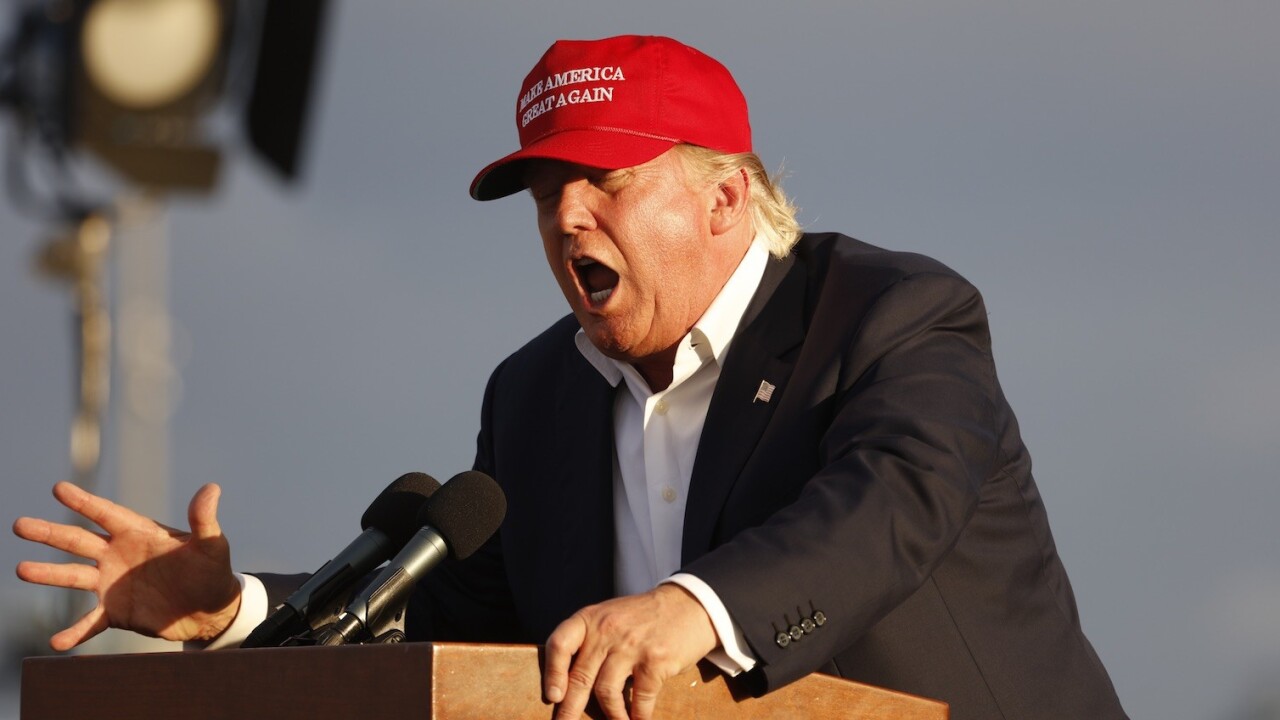
You may have innocently filled out a Google poll before accessing an article on the Web. Or you may have already downloaded Google’s polling app that gets you to answer questions in exchange for credits for the Play store.
You may not have done either.
Either way, Google is in the polling business and is using the systems it’s already built to serve you ads in order to work out who you are and how you might vote.
It’s signed up candidates and news sites, including The Wall Street Journal and The Washington Post, to buy into its Google Consumer Surveys tool, which can cost thousands of dollars.
Speaking to The Hill, Justin Cohen, a product marketing manager for Google Consumer Surveys, said:
Google Consumer Surveys selects potential responses for each survey using inferred demographic characteristics to get as close as possible to the census for the internet population. This ensures a representative and statistically significant sample.
Yes, you are being silently selected for Google’s big online election poll. According to The Hill, Google is using your browsing history to establish your age and gender, as well as picking up your IP address to determine your location. Much like it does to serve you ads.
A few questions later and Google probably knows how you’re voting. And it’s pretty proud of it.
Because Google Consumer Surveys does not employ many of these techniques [used by traditional pollsters] and only weights the data based on age, gender and location, we’ve had to turn to survey design to do our best to approximate the techniques employed by professional pollsters. Luckily, GCS’s reach of internet users is so large that the sampling methodology we use doesn’t need many of these tricks to give us accurate results, as proven in the 2012 US Presidential election.
Part of this, the company admitted to The Hill, is a branding exercise.
But, like Facebook’s efforts to plonk itself in the middle of the election race, it’s starting to look a little creepy that huge tech companies have such a view into democratic processes – and are supposed to be intentionally secret ballots.
Get the TNW newsletter
Get the most important tech news in your inbox each week.




